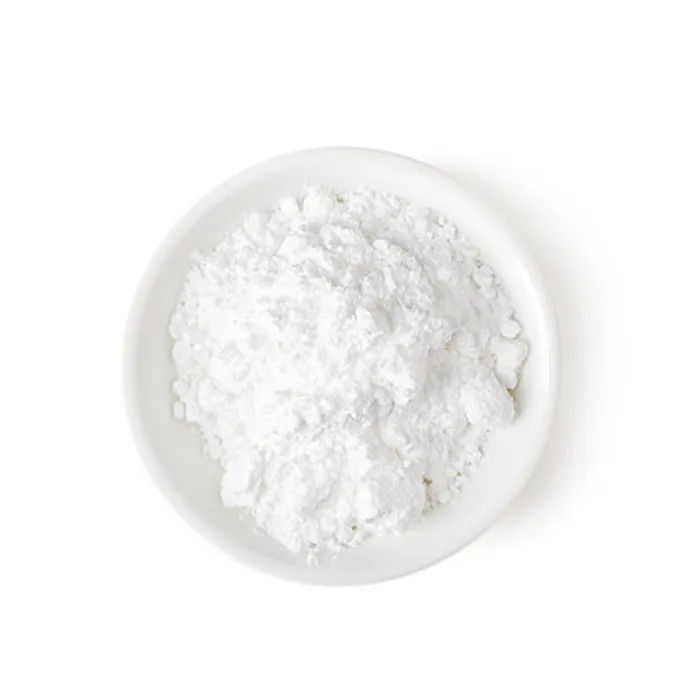The Three Main Digestive Enzymes A Closer Look at Digestion
Digestion is a complex process that transforms the food we consume into energy and nutrients essential for our body's functioning. This intricate system relies on the cooperative efforts of various digestive enzymes, which are biological catalysts that facilitate the breakdown of food. Among the many digestive enzymes present in the human body, three main types stand out due to their pivotal roles amylase, protease, and lipase.
1. Amylase The Carbohydrate Breaker
Amylase is the enzyme responsible for the breakdown of carbohydrates, specifically starches and sugars. It is produced primarily in the saliva by the salivary glands (salivary amylase) and in the pancreas (pancreatic amylase). The action of amylase begins in the mouth, where chewing mixes food with saliva. Salivary amylase initiates the digestion of complex carbohydrates into simpler sugars such as maltose and dextrin. This process is crucial as it allows carbohydrates to be processed quickly, providing an immediate source of energy.
Once the food bolus travels down the esophagus and reaches the stomach, it encounters a highly acidic environment that halts the action of salivary amylase. However, when the partially digested food enters the small intestine, pancreatic amylase continues the digestion of carbohydrates, further breaking them down into monosaccharides like glucose, which can be readily absorbed into the bloodstream. The significance of amylase extends beyond merely aiding digestion; it also plays a role in regulating blood sugar levels, as glucose is a primary energy source for the body’s cells.
2. Protease The Protein Processor
Proteases are enzymes responsible for breaking down proteins into smaller peptides and amino acids. Proteins are essential for various bodily functions, including building and repairing tissues, producing enzymes and hormones, and supporting immune function. Proteolytic enzymes are produced in the stomach (pepsin), pancreas (trypsin, chymotrypsin, and carboxypeptidase), and small intestine.
what are the three main digestive enzymes

The digestion of proteins begins in the acidic environment of the stomach, where pepsin, activated from its precursor pepsinogen, initiates the breakdown of protein structures. As the partially digested food moves into the small intestine, pancreatic proteases continue this process, reducing proteins to smaller polypeptides and free amino acids. These amino acids are then absorbed by the intestinal lining and transported into the bloodstream, where they can be utilized by the body for various functions.
The importance of protease is often highlighted in its role in maintaining bodily functions and supporting muscle health, making it a crucial enzyme in the context of nutrition and overall wellness.
3. Lipase The Fat Facilitator
Lipase is the enzyme that specializes in the digestion of fats, or lipids. It is secreted primarily by the pancreas and plays a vital role in breaking down dietary fats into fatty acids and glycerol. Unlike carbohydrates and proteins, fat digestion begins in the small intestine, where bile acids emulsify fats, allowing lipase to act more efficiently.
Pancreatic lipase is released into the small intestine, where it hydrolyzes the triglycerides present in dietary fats. This process is essential, as fats serve as a major energy source and are necessary for the absorption of fat-soluble vitamins (A, D, E, and K) and essential fatty acids. Once broken down, fatty acids and glycerol are absorbed through the intestinal wall and transported via the lymphatic system before entering the bloodstream.
Conclusion
In conclusion, the roles of amylase, protease, and lipase in the digestive process cannot be overstated. These three main digestive enzymes are crucial for breaking down carbohydrates, proteins, and fats, respectively. Their efficient functioning ensures that the nutrients we need are extracted from food and made available to our bodies for energy, growth, and maintenance. Understanding these enzymes provides insights into our digestive health and emphasizes the significance of a balanced diet rich in these macro-nutrients.

